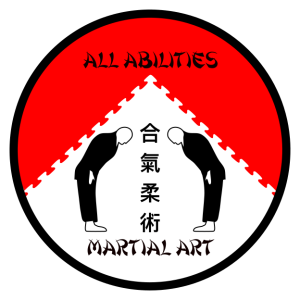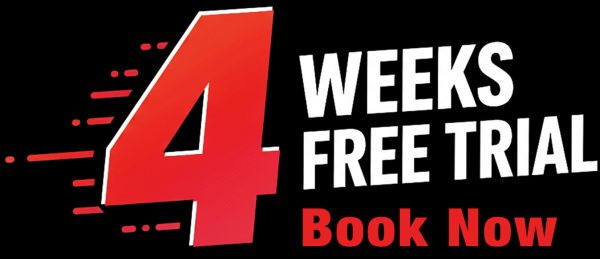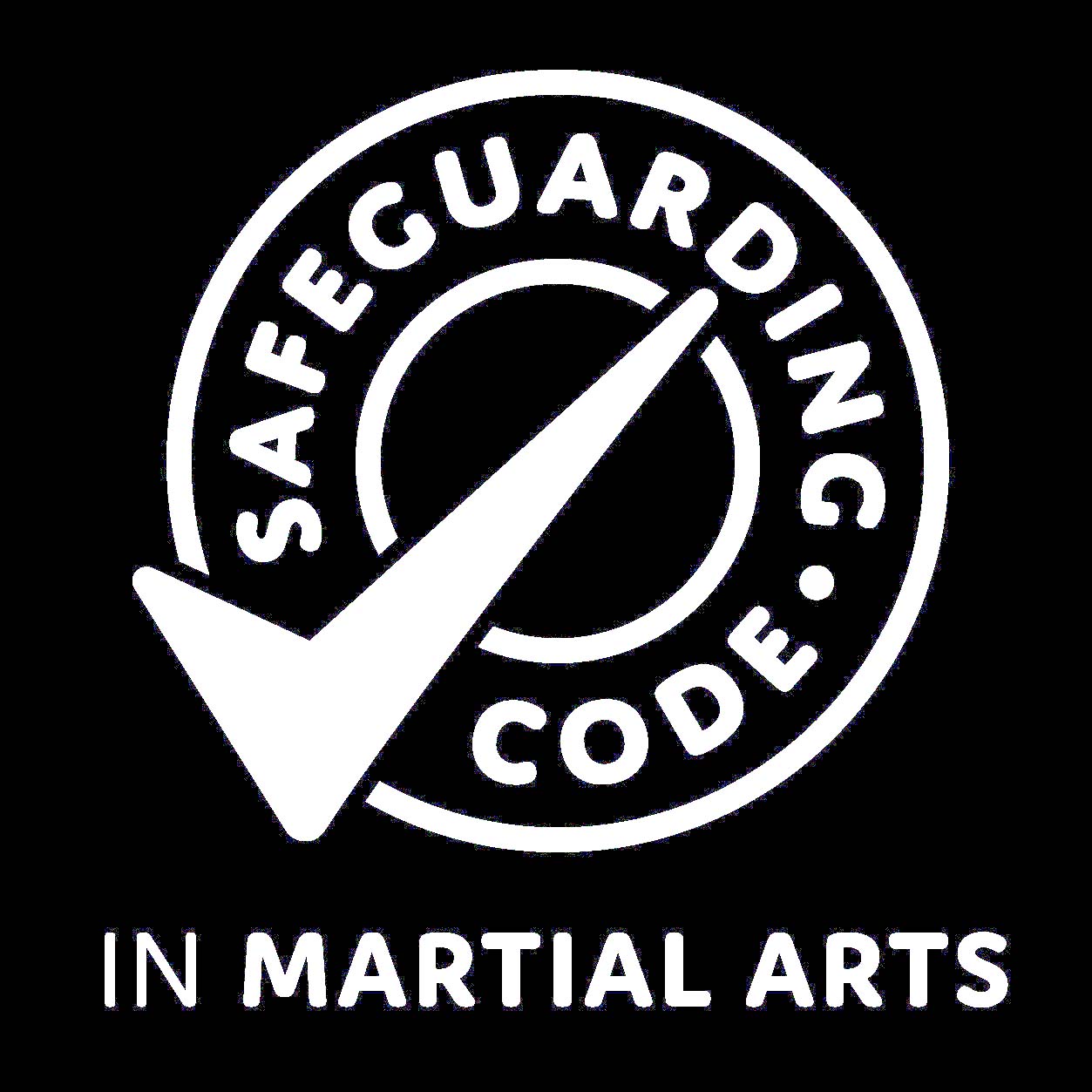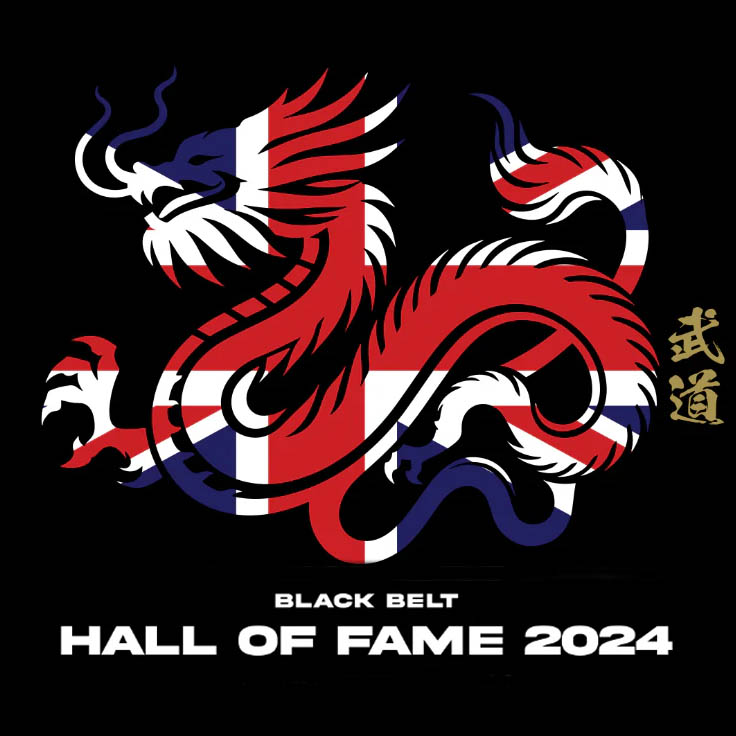Dojo Rules and Code of Conduct
The following rules have been established and approved by us and are currently in effect. Failure to comply with these rules may result in removal from the club and termination of membership.
- Upon entering and leaving the training floor, all students will show the proper respect by bowing to the Shomen area.
- Personal appearances are of the greatest concern in Martial Arts. All students are expected to be neat and clean at all times when training. Toenails and fingernails must be kept short to prevent injury to yourself or your training partner. The training uniform (gi) must be neat, clean, and free of tears. Only Association or Dojo emblems are permitted—no other markings, trim, or writing.
- When lining up for class, the highest-ranking student will be to the right of the Shomen area. If more than one student is of the same rank, the one with the longest time-in-grade will be to the right. If both have the same time-in-grade, the older student will line up to the right.
- Before beginning class, the senior student will call the class to attention and bow to the respective Shomen area. They will then direct the class to bow to the instructor. The same gestures will apply at the end of the class.
- Should the instructor ask a student a question, the student will answer respectfully with ‘yes, Sensei’ or ‘no, Sensei’. To ask a question, the student should bow and address the instructor with proper respect. The same courtesy should be shown when a higher-ranking student is authorized to lead the class.
- There will be no talking in class at any time. All questions concerning techniques or other matters should be directed to the instructor. Only the instructor, or someone designated by the instructor, may speak during class.
- No student will ask a higher-ranking student or instructor to spar. Sparring is only permitted with the instructor’s permission.
- No student may excuse themselves from class without first obtaining permission from the instructor.
- When entering the training hall, you must enter with the intention of training. When putting on your training uniform, do so with the wish to train seriously. A senior student in uniform should ask the instructor if assistance is needed with lower-ranking students.
- The building has a no smoking policy.
- No profanity or abusive language will be allowed in the Dojo.
- Do not wear rings, jewellery, or any other metal ornaments in the Dojo when training.
- Turn off your mobile phone or set it to silent upon entering the Dojo.
- Do not come to class intoxicated. Do not consume alcohol before or during training.
- Do not run in the Dojo.
- Do not demonstrate martial arts techniques to non-members or in public without prior approval.
Student Conduct Escalation Process
- Any student misbehaving will first receive a verbal warning. It will be made clear that further misbehavior will result in a ‘time-out’.
- A second instance of misbehaviour will result in a 2-minute ‘time-out’ during class or at the instructor’s discretion. This may be reduced or removed if behavior improves.
- A third disruption will result in a 5-minute ‘time-out’. The student will be informed that further disruption will end their training session, and they will be asked to leave the training area.
- Continued or severe disruption may require a meeting with the student’s parents where appropriate under 18 to discuss prevention strategies.
Parent / Carer Expectations
- Show understanding when students make mistakes.
- Be positive. Discuss performances constructively and focus on what the child did well.
- Do not shout instructions to instructors.
- Never use abusive language or behavior toward students, staff, or volunteers—including your own child.
- Respect instructors and volunteers.
- Do not argue with instructors or volunteers.
- Ensure your child has proper food and rest before training. Avoid late nights or sleepovers the night before.
- Never act abusively toward officials, coaches, managers, or players. Racist language or behavior is strictly prohibited.
Anti-Bullying Policy
We have a stringent no-bullying policy and do not tolerate inappropriate behavior. This includes but is not limited to:
- Angry, aggressive communication (verbal or written)
- Unwanted attention
- Written material suggesting instability or mental health issues
- Statements about self-harm or suicide
- Sexual harassment (unwelcome sexual conduct of any kind)
- Stalking (repeated attempts to impose unwanted communication or contact)
- Threats to harm others or damage property
- Acts of physical violence, property damage, or production of a weapon
Failure to comply with these rules may result in dismissal from training and cancellation of membership.





